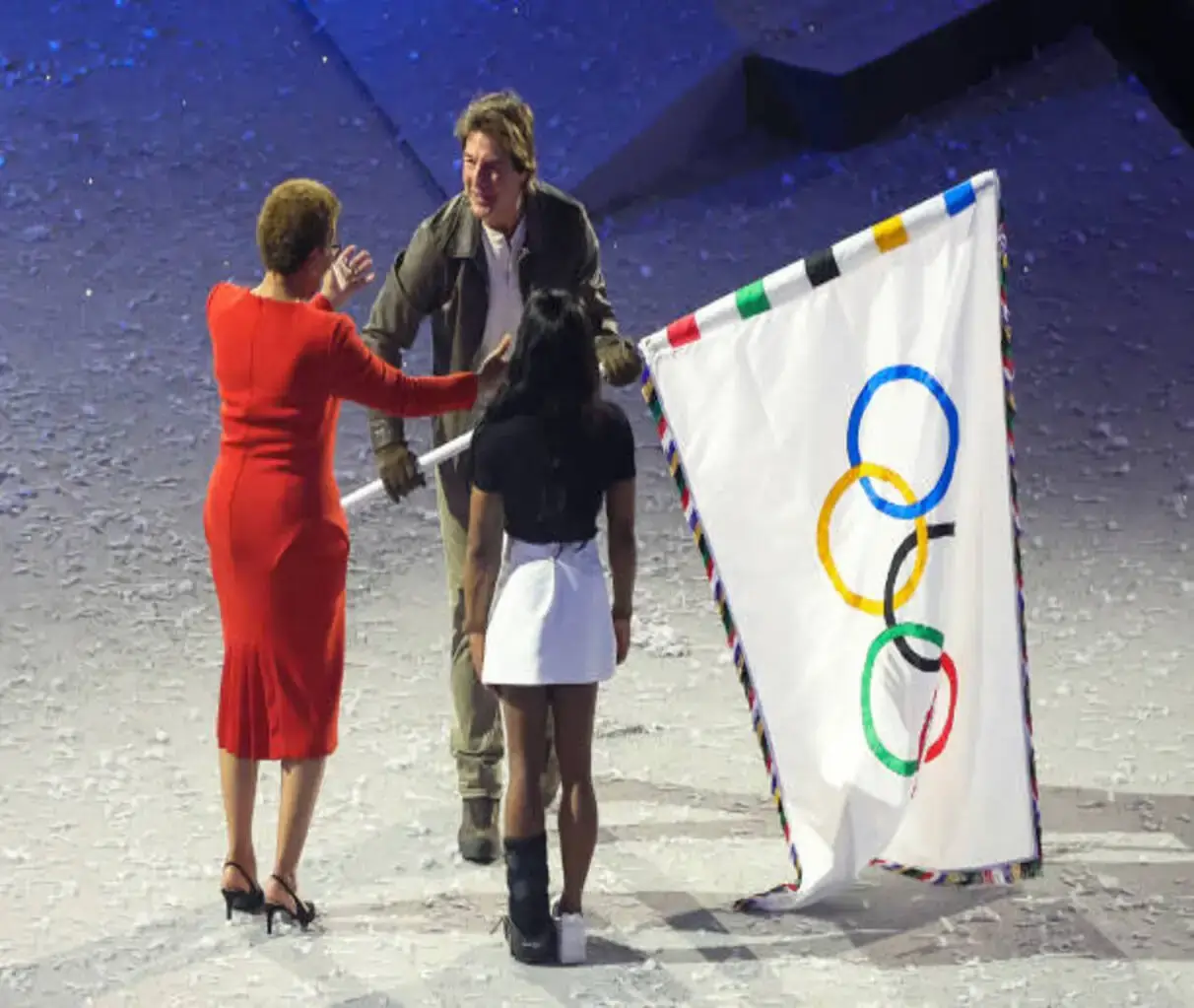
After taking over from Paris 2024, Los Angeles is embarking on a four-year journey to secure a cinematic Olympic Games, but to do so it must face its biggest challenge: is a car-free city feasible by 2028?
Despite the challenge of avoiding road congestion and gridlock that are a part of everyday life in Los Angeles, the mayor of the next Olympic site, Democrat Karen Bass, has vowed to take on the daunting task of bringing a “car-free” Olympics to the city.
Also Read: Kylian Mbappe Makes His Debut For Real Madrid and Wins His First Title with a Memorable Performance
However, for a population of more than 3.8 million and a developing public transport system, the private vehicle is an indispensable tool for moving between neighborhoods and towns that, in recent years, have been absorbed by the entertainment mecca.
So how will Bass achieve his goal, if it is possible? The revival of public transport The city has been preparing for years for the sporting marathon that is coming up in the next few years the 2026 World Cup and the 2027 Super Bowl add more pressure for public transport to broaden its horizons and become a real alternative.
“Part of this challenge will be to get a population that has grown up using cars and has always depended on them to start using public transport or bicycles over the next 4 years,” traffic advisor Ian Lowell said.
And this is not easy. Like other American cities, Los Angeles is built so that the car is the most efficient and fastest means of transport, so many people “will choose to use it” to travel from one place to another, Jacob Wasserman, director of the Research Program of the Institute of Transportation Studies (ITS) of the University of California.
Given the volume of attendance expected at these events, “there will have to be a way to get there other than driving your own car” since there will not be enough parking or some car parks will be closed for safety reasons, he adds.
“Transportation planners are therefore looking at the Olympics as an opportunity to expand the rail system,” Wasserman says. The historic transformation of 1984.
Los Angeles has as a precedent the example of the 1984 Olympics, which were held at a time when the metropolis, already known for its huge traffic jams, was in full swing.
At that time, “there was no rail system in Los Angeles,” so great efforts had to be made to ensure that the city could absorb the masses, especially at the points where the competitions took place.
Then, Mayor Tom Bradley, a Democrat from 1973 to 1993, overnight implemented a robust bus system to temporarily transport people from one venue to another.
Much has changed in Los Angeles since its last Games, with the metropolis now serving a more extensive rail and subway network.
Since 1984, public transport has been expanded to connect large parts of the region to some venues, and several lines are already being extended in preparation for the Olympics.
An example of this is the D subway line, which is planned to connect one of the busiest areas of the city with the Olympic Village of the University of California, Los Angeles (UCLA) by 2027.
However, there is still a lot to be done and the expansion of the public transport network remains a challenge for this megacity, since “the headquarters are located in different parts of the city and it is hard to connect them to each other”, says Wasserman.
Bass’s promise to emulate Bradley’s model, however, comes with another challenge: his re-election as mayor to be present at the opening of the third Olympic Games to be held in Los Angeles, after those of 1932 and 1984.
Bass took office in 2022 and is guaranteed a seat until the 2026 elections. Once his term expires, he will have to undergo a re-election process. If he loses, will this mean that his promise of a car-free city will not be fulfilled?
